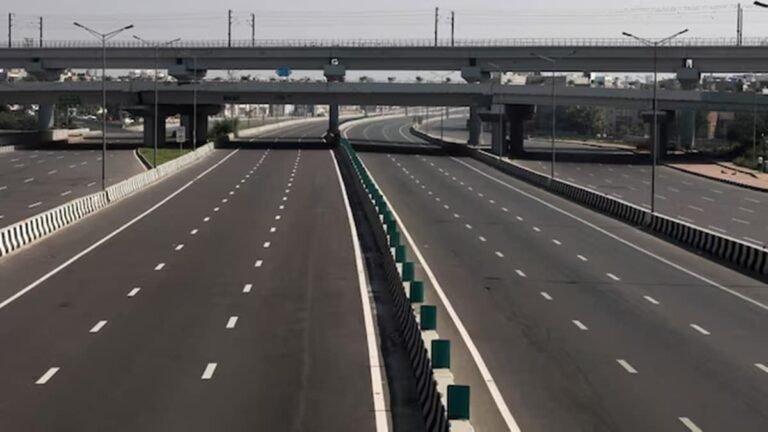The issuance of Insurance Surety Bonds (ISB) that were introduced as an alternative to bank guarantees by the National Highways Authority of India (NHAI) has crossed Rs 10,000 crore mark.
“Till July 2025, 12 insurance companies have issued around 1,600 ISBs as ‘Bid Security’ and 207 ISBs as ‘Performance Security’ valued at around Rs. 10,369 crores for NHAI contracts,” a statement by the highway builder said.
What are Insurance Surety Bonds?
Insurance Surety Bonds are instruments where insurance companies act as ‘Surety’ and provide the financial guarantee that the contractor will fulfil its obligation as per the agreed terms. The Ministry of Finance has made e-Bank Guarantee and Insurance Surety Bonds at par with Bank Guarantee for all Government procurement.
The surety bond was first announced in the 2022 budget. It is basically a product that underwrites the performance of a contractor. The contractor pays the premium for the insurance bond and if he fails to perform then the insurance company pays the compensation to the entity that gave out the contract.
How is an Insurance Surety Bond different from a Bank Guarantee?
It is different from a bank guarantee because in a surety bond, only the premium is paid, while a bank guarantee needs collateral. The bank guarantees in capital of a contractor, so it is less efficient.
As India is poised to become the world’s third-largest construction market, the requirement of Bank Guarantees in the Indian Infrastructure Sector is expected to grow by 6 to 8 per cent on a year-on-year basis, the NHAI said.
In a bid to further promote wider adoption of Insurance Surety Bonds (ISB) and Electronic Bank Guarantee (eBG), a workshop was organised by NHAI in New Delhi. The session was chaired by Member (Finance) NHAI Shri N.R.V.V.M.K Rajendra Kumar, other senior officials, industry experts and representatives of various insurance and finance companies.


